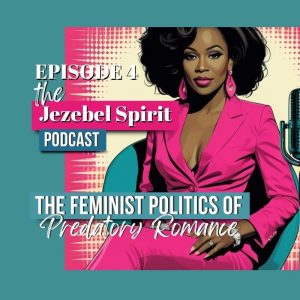There’s a 42-year-old piece of pop culture I can’t stop thinking about: the NBC miniseries V, which first aired in 1983. Long before Netflix and Disney+ were giving us prestige limited series like Anatomy of a Scandal, Adolescence, or Wandavision, television gave us the event miniseries. Three stood out in the 1980s: The Thorn Birds, North and South, and V.
V begins with a promise that feels harmless. Visitors arrive from another planet, claiming they only want to take a useless byproduct from Earth, a toxic waste mineral that humans won’t miss. They present themselves as allies, promising environmental benefits and cultural exchange. They even look human, with only slightly strange voices. Why would anyone be suspicious?
But small details point to something else. A cameraman notices their hands are strangely cold. A neighbor points out that birds panic whenever one of the visitors walks by. They avoid eating human food, sticking to raw vegetables. And soon the truth emerges: the visitors are reptiles disguised in human skin. They’re not here for waste. They’re here for water, and they’re here for food. Human beings are the supply.
The takeover is quiet at first. Scientists begin to disappear. The public is told these scientists were dangerous, terrorists who threatened national security. Local police and federal authorities fall under alien control. Dissenters are abducted, brainwashed, and returned looking loyal. Even when resistance fighters manage to unmask a visitor live on air, propaganda spins the footage as a hoax. The visitors control the story, and the story keeps people compliant.
The show builds its allegory carefully. Families are torn apart. Neighbors are pressured to snitch on one another. A Holocaust survivor named Abraham hides a family of scientists targeted for extermination. His own son resists, terrified of the risk, until Abraham tells him the truth about how he survived the Nazis: smuggling his baby in a suitcase, watching helplessly as his wife was marched to the gas chambers. Helping this family, he insists, is the only way to honor that history. “If we don’t, we haven’t learned a thing.”
But even in his family, the cycle repeats. Abraham’s grandson Daniel, isolated, bitter, and rejected by a girl he likes, turns the family in. Like the Hitler Youth, he finds belonging in betrayal. The Gestapo-like enforcers arrive. Abraham sacrifices himself, knowing what awaits him, and the scientists narrowly escape with the help of a gardener who smuggles them across the border.
Every piece of the story is a parable about fascism. The checkpoints. The propaganda. The normalization of surveillance. The ease with which ordinary people turn away, convincing themselves it could never happen here. The way resentment and loneliness in young men are weaponized against their own communities.
The lesson is not subtle, but it is timeless. V premiered in 1983 as a warning, and it feels just as relevant today. We have lived through history that should have taught us how fascism begins and what it costs. We’ve seen it dramatized in series and films again and again, from Star Wars to The Handmaid’s Tale. And yet the same patterns repeat.
So the question remains: how many times must the story be told before we learn it? How many freedoms have to be chipped away, how many lives destroyed, how many neighbors turned against each other before we stop insisting it could never happen here?



